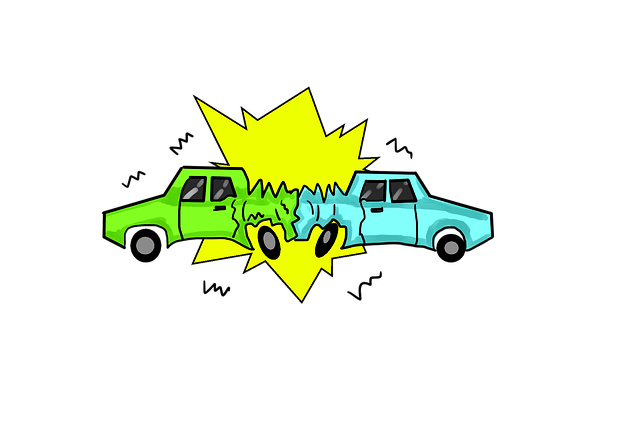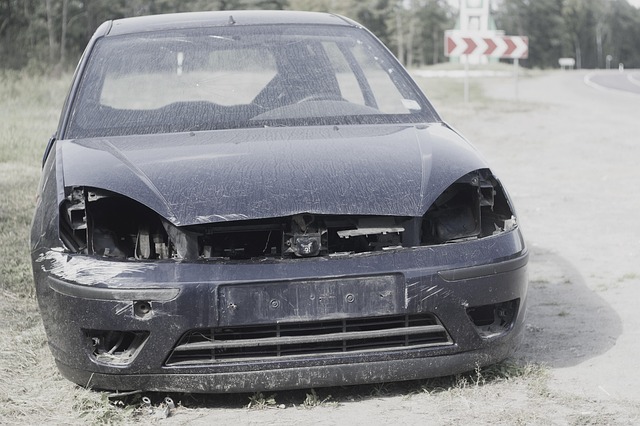In truck accident settlements, quantifying pain and suffering damages is complex, subjective, and multifaceted. Auto accident attorneys gather medical records, expert opinions, and witness statements to build compelling cases, considering unique circumstances in commercial disputes. Key factors influencing compensation include severity, duration of pain/distress, personal factors, and expert testimony in complex cases like nursing home neglect or insurance disputes. Robust evidence, including medical records, is crucial for victims to substantiate non-economic damages and secure fair compensation.
In the event of a truck accident, victims often face significant challenges, including severe injuries and prolonged pain. Understanding and securing adequate compensation for non-economic losses, such as pain and suffering, is crucial in these settlements. This article delves into the complexities of these damages, exploring factors influencing compensation and providing insights on navigating claims processes. By understanding the assessment and proof of pain and suffering in truck accident cases, victims can ensure their rights are protected and receive fair settlements.
- Understanding Pain and Suffering Damages in Truck Accidents
- Factors Influencing Compensation for Non-Economic Losses
- Navigating Complexities: Assessing and Proving Pain and Suffering Claims
Understanding Pain and Suffering Damages in Truck Accidents

In the aftermath of a truck accident, one of the most complex aspects of settlements is often understanding and quantifying pain and suffering damages. This component of compensation aims to recognize and compensate victims for their physical and emotional distress resulting from the incident. Unlike economic losses, which can be easily calculated through medical bills and wage records, pain and suffering is more subjective and multifaceted. It includes not just acute physical pain but also lasting disabilities, emotional trauma, and the impact on quality of life.
Victims may experience a range of symptoms, from acute injuries to chronic conditions, that require ongoing medical care and can significantly affect their ability to work, participate in daily activities, or enjoy previous hobbies. An auto accident attorney plays a crucial role in navigating these complexities by gathering evidence—including medical records, expert opinions, and witness statements—to build a compelling case for pain and suffering damages. In commercial disputes stemming from truck accidents, it’s essential to consider the unique circumstances of each case, ensuring that victims receive fair compensation for their experiences, which can often be profound and life-altering.
Factors Influencing Compensation for Non-Economic Losses

When determining compensation for non-economic losses in truck accident settlements, several factors come into play. These go beyond the immediate medical bills and lost wages and encompass the impact on a victim’s quality of life. Pain and suffering, emotional distress, and disability are key areas considered. The severity and duration of these impacts play a significant role in the compensation awarded. For instance, a permanent disability or chronic pain that substantially limits daily activities will typically result in higher settlements compared to short-term discomfort.
Additionally, personal factors such as age, occupation, and pre-existing conditions can influence the perceived value of non-economic losses. The loss of enjoyment of life activities, diminished capacity for social interactions, and psychological effects are also assessed. In complex cases involving allegations like nursing home neglect or insurance disputes, these non-economic losses can become even more intricate, with expert testimony often required to accurately assign a monetary value to the harm experienced by the victim—a factor that may also be relevant in real estate disputes, where property damage and loss of use can be significant non-economic components.
Navigating Complexities: Assessing and Proving Pain and Suffering Claims

Navigating the complexities of truck accident settlements involves a meticulous process when assessing and proving claims for pain and suffering. In such cases, quantifying non-economic damages—which encompass physical pain, emotional distress, and loss of quality of life—can be challenging. Victims must provide compelling evidence to support their assertions, including medical records detailing treatments, prescriptions, and doctor visits related to auto accident injuries. Testimonies from healthcare professionals and, in some instances, expert witnesses, play a crucial role in establishing the extent of pain and suffering experienced by the plaintiff.
Moreover, insurance disputes often arise when adjusting for pain and suffering damages in truck accident settlements. Insurers may attempt to underplay these claims, arguing that injuries are not as severe or lasting as the victim maintains. To counter such breaches of contract, victims must be prepared with comprehensive documentation tracing their medical journey from initial injury to any ongoing treatments. Demonstrating a clear breach of contract between the insurer and policyholder is essential in securing fair compensation for pain and suffering endured during the auto accident injuries recovery process.
In the realm of truck accident settlements, addressing pain and suffering damages is a complex yet crucial aspect. Understanding non-economic losses and their influencing factors empowers victims to navigate the intricacies of claims assessment and proof. By recognizing the profound impact of these incidents on individuals’ lives, legal professionals can ensure fair compensation for both visible and invisible injuries. This comprehensive approach fosters justice and enables those affected by truck accidents to heal and rebuild their lives with support and dignity.






